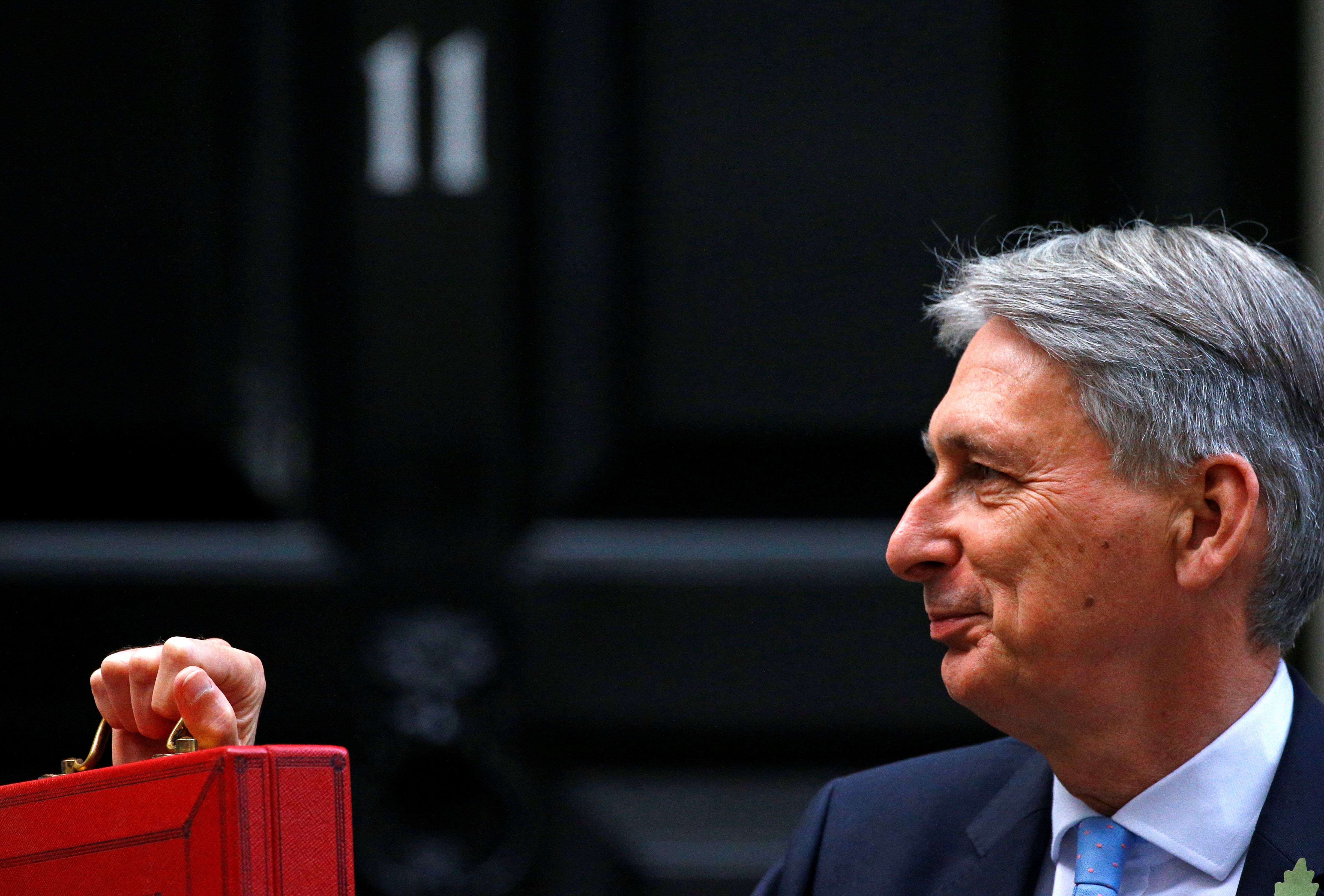October 31, 2018
The taxman is coming for Big Tech. This week, the UK's Chancellor of the Exchequer Philip Hammond (pictured above) revealed plans to levy a 2 percent tax on the revenue generated in the country by the world’s biggest search engines, social media sites, and e-commerce companies starting in 2020.
It’s not just the UK that’s looking for ways to squeeze more tax revenue out of digital disruption. French President Emmanuel Macron is pushing a similar proposal in the EU. Malaysia, Colombia, Uruguay, Qatar, and Bahrain are among the countries that have either introduced new taxes on digital companies in recent years or are considering doing so.
And it’s not just about the money – although the UK estimates the new digital levy will raise £400 million a year once it’s up and running. Here are some of the political drivers behind the trend:
Concerns about fairness: Facebook, Amazon, Alphabet (the parent company of Google), and other big online platforms have grown rich by harvesting the personal data of billions of users, analyzing it, and using what they learn to get people to buy more stuff. These companies have reaped windfall profits but paid a paltry amount in taxes, thanks in part to clever accountants who shift ephemeral assets like software code and patents to low-tax countries. Google collected £7.6 billion of revenue from UK users last year, but it paid just £49 million in taxes there. It’s a feat that’s getting harder to pull off politically in an age of rising populism.
A new social bargain with Big Tech: This isn’t just about financial fairness. It’s about a shift in the basic social bargain that’s allowed Silicon Valley companies to operate for the past decade. Until now, these firms benefited under a simple quid pro quo with their users: We use your data to get rich, and in return, provide a free (or mostly free) service that makes your life better. Then the negative social consequences started to become clearer – stoking divisions, allowing governments to spread propaganda, and undermining confidence in democracy. Governments are now reasserting themselves through taxation and regulation over what they perceive to be growing digital threats.
“No, you go first”: Despite a growing desire among countries to raise taxes on big tech, it’s been hard to get any one country or bloc of countries to move first. In part, that’s because countries fear going it alone will just encourage these companies to move their profits elsewhere. Emmanuel Macron’s push for a European digital services tax has met resistance from smaller European countries – like Ireland – which want to attract digital firms and see low tax rates as an important part of their appeal.
The US, meanwhile, is opposed to tax reforms that target the digital companies that have created high paying American jobs and billions of dollars of shareholder value. The UK’s decision to go for it may increase the chance that other EU countries fall in line behind France’s broadly similar approach. It envisions a lower tax rate than the proposal being pushed by France, and would be dropped if countries around the world agreed to more comprehensive global reform.
The bottom line: The UK’s latest move is a big departure for governments contemplating how to deal with global tech giants. We’ll see whether it means a more expensive era for big tech.
More For You
- YouTube
GZERO World heads to the World Economic Forum in Davos, where Ian Bremmer lookst at how President Trump’s second term is rattling Europe, reshaping both transatlantic relations and the global economy, with Finland’s President Alexander Stubb and the IMF’s Kristalina Georgieva.
Most Popular
Think you know what's going on around the world? Here's your chance to prove it.
- YouTube
How widely is AI actually being used, and where is adoption falling behind? Speaking at the 2026 World Economic Forum in Davos, Brad Smith, Vice Chair and President of Microsoft, outlined how AI adoption can be measured through what he calls a “diffusion index.”
U.S. President Donald Trump holds a bilateral meeting with NATO Secretary General Mark Rutte at the World Economic Forum (WEF) in Davos, Switzerland, January 21, 2026.
REUTERS/Jonathan Ernst
After saying numerous times that he would only accept a deal that puts Greenland under US control, President Donald Trump emerged from his meeting with NATO Secretary General Mark Rutte singing a different tune.
© 2025 GZERO Media. All Rights Reserved | A Eurasia Group media company.
